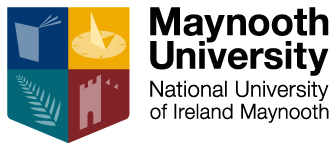| |
Whether an Arts, Humanities or STEM student, and whatever career you may choose in the future, science is part of your daily experience of life. In our 21st century world, scientific knowledge is an imperative for economic development. Science and technology are fundamental to environmental protection and conservation of nature, advances in human health and well-being, and the sustainable use of natural resources. Science themes and ideas are expressed through all forms of popular culture. The speed, sophistication and universality of new media technologies by which we communicate with one another are the products of science. On its own, science cannot solve the problems of society. Yet, harnessed to democratic values of transparency, public consultation and accountability, science crosses boundaries of culture and politics, stimulating creativity and novel approaches to the resolution of problems, and facilitates progress towards collectively beneficial social and economic goals. Drawing on expert views of guest contributors, practical examples, and multi-disciplinary concepts of science communication, Science in Society (1) is organised around four themes:
Theme A explores historical perceptions of ‘nature’ and the influence of science values on modern society;
Theme B assesses the developmental contribution of science and its importance to infrastructural planning and public policy-making;
Theme C examines case-studies around the application of science expertise to local and global environmental risks;
Theme D discusses science in the community and opportunities to promote public understanding of science.
This course establishes the context for ‘science in the media’, the core subject-matter of our second module, Science in Society (2).
|
 SCIENCE IN SOCIETY - 1
SCIENCE IN SOCIETY - 1

